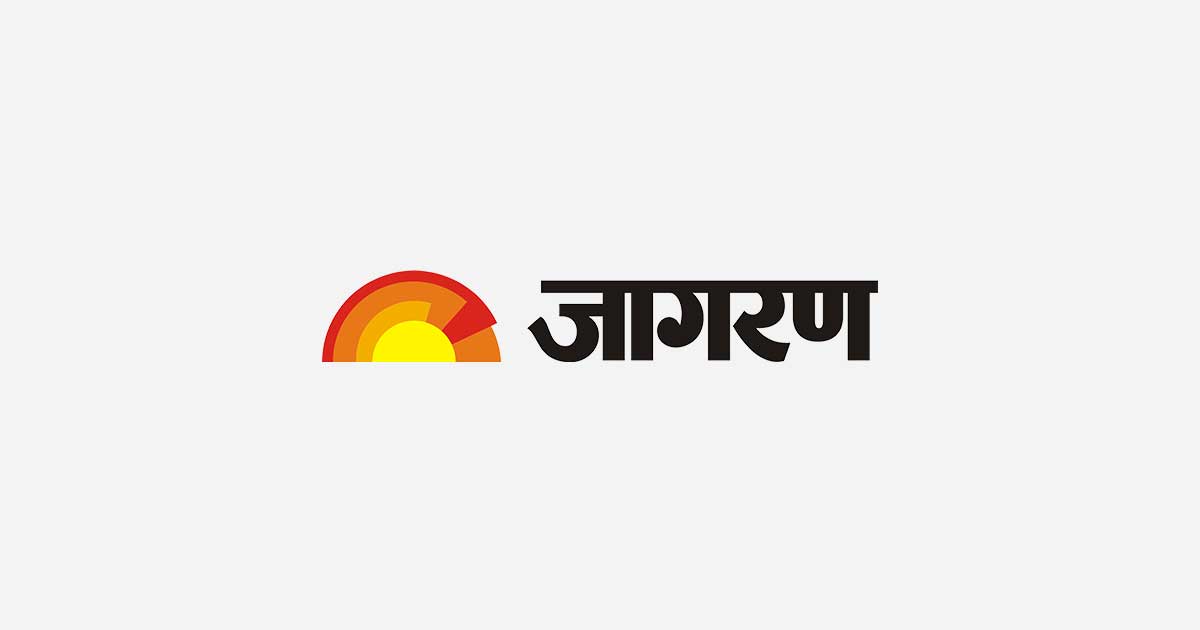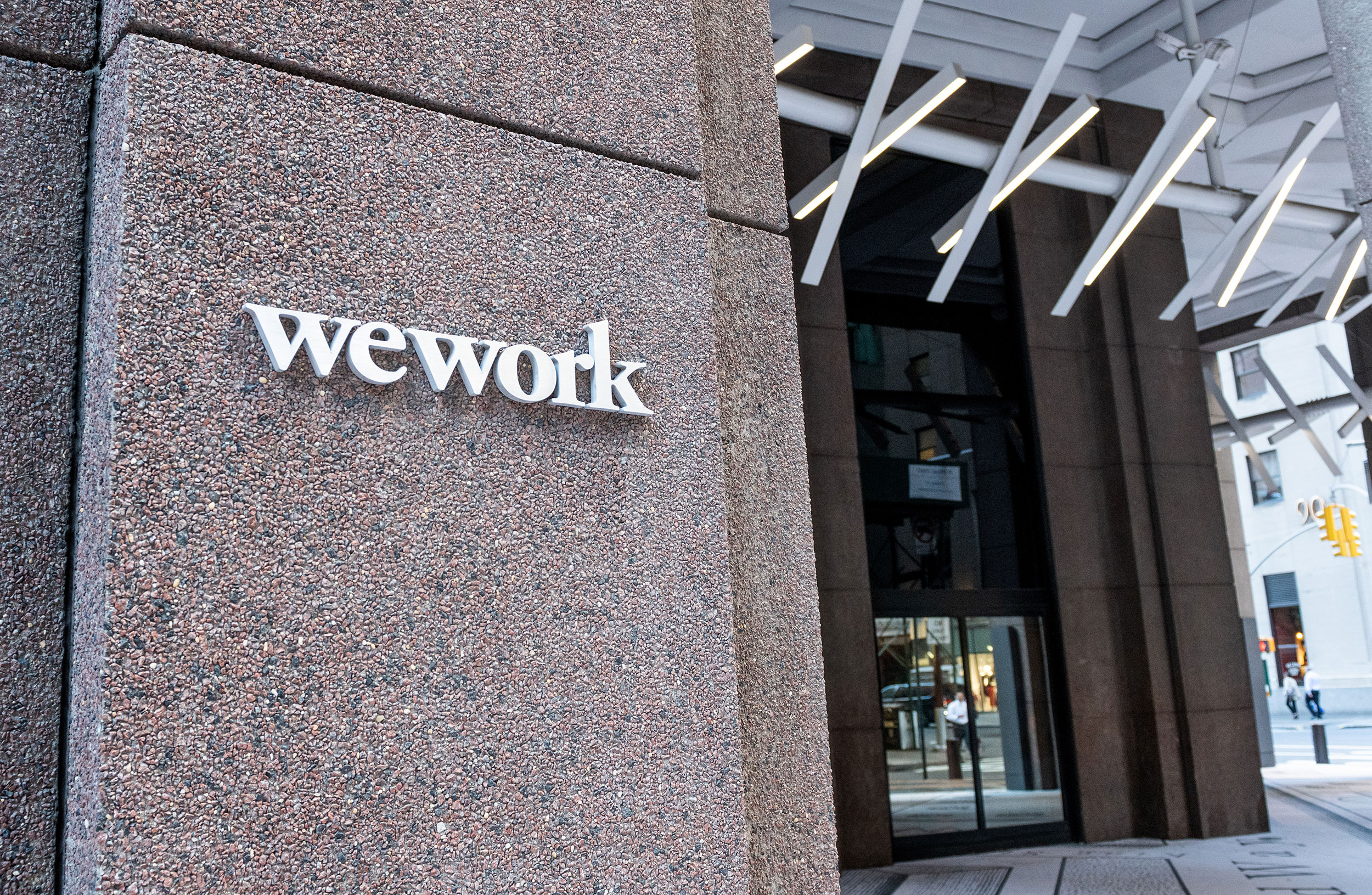
- Select a language for the TTS:
- UK English Female
- UK English Male
- US English Female
- US English Male
- Australian Female
- Australian Male
- Language selected: (auto detect) - EN
Play all audios:
The United Nations is meant to be the embodiment of humanity’s noblest ideals. It was created in the aftermath of the most lethal, most extensive and most destructive conflict in history,
with the aim of preventing global or indeed any wars from happening again. Alas, as President Zelensky of Ukraine has just pointed out, in practice the UN falls far short of the ideals of
its founders. He delivered by video link some harsh home truths to the assembled representatives of the Security Council: “We are dealing with a state that is turning the veto in the UN
Security Council into the right to die.” He added: “Ladies and gentlemen, are you ready to close the UN? If the answer is no, then you need to act immediately.” He demanded that Russia be
removed as a permanent member “so that it can’t block decisions about its own aggression”. Failing that, the Security Council could reform itself so that it was no longer just a talking
shop. If that proved impossible, he said, it should dissolve itself. The original sin of the UN, an institution dedicated to the abolition of great power politics, is that it was formed by
the great powers. By far the strongest of the UN’s six organisations is the Security Council, created in 1945 with 15 members, only ten of which rotate. Each of the five permanent members of
the Security Council — the US, the USSR (now Russia), China, Britain and France — has a veto over military, economic or diplomatic sanctions on behalf of the UN. The General Assembly, in
which all member states are represented, has very few executive powers. That is normally a blessing, since liberal democracies are in a minority and nobody wants the UN to evolve into a
world government. But when one of the permanent members is itself the cause of a war of aggression and crimes against humanity, there is no mechanism by which the UN as presently constituted
can intervene or punish the offender. In this sense its flaws are fundamental. The design fault stems from the attempt to impose Immanuel Kant’s centuries’ old philosophical theory, set out
in his essay _Zum ewigen Frieden_ (Perpetual Peace) onto what he called “the crooked timber of humanity”. Kant called for a league of republics to be formed with the purpose of abolishing
wars and the causes of wars. It was a remarkable document when it appeared in 1795, but its ideals do not correspond to the real world, then or now. The world we live in is utterly different
to the Kantian one. It resembles, rather, the state of nature described by another philosopher, Thomas Hobbes, in which men live “in that condition which is called war, and such a war as is
of every man against every man”. What prevents life on earth becoming “solitary, poor, nasty, brutish, and short”, as Hobbes famously put it, is fear: the fear of punishment by the Western
alliance. But that alliance cannot intervene against Russia or China without the risk of unleashing nuclear war. This basic fact of life has allowed countless conflicts to rage over the
seven decades since the UN was created. What, then, can be done by the UN to halt the appalling atrocities perpetrated by Russia in Ukraine? If the Russian Federation were isolated, it might
be conceivable to suspend its membership of the Security Council. But in practice China certainly and other member states probably would veto such a move. China, let us remember, has
committed many of the same crimes of which Russia now stands accused. Human rights are equally compromised, to put it politely, in both Russia and China. Neither will ever allow the UN to
enforce international law if that prevents them from exercising power in what they consider to be their spheres of influence. Article 1 of the UN Charter declares that its purpose is “to
maintain international peace and security, and to that end to take collective measures for the prevention and removal of threats to peace and for the suppression of acts of aggression or
other breaches of the peace”. Yet this, the very raison d’être of the organisation, is precisely what the UN is failing to do. Zelensky’s challenge to the Security Council is eloquent and
justified. He has every right to demand protection for his people from the organisation set up to guarantee it. But if his aim is to shame the international community into action, he will
only succeed indirectly. The governments of Russia and China are literally shameless. The Russian state can only be shamed by its own people. That is why the West must appeal to them over
the heads of their rulers. The brave protesters who this week imitated the bound corpses of Bucha on the streets of Moscow and other cities deserve our admiration and support. Beyond that,
the isolation of Russia by sanctions and expulsion from international forums must continue. The West alone cannot overcome the basic flaw of the UN Charter, but we can use the platform
provided by the Security Council to highlight the plight of Ukraine and the crimes of the Russian army. Kant was also the philosopher who formulated the notion of “radical evil”. That is
what Ukrainians are up against. We cannot hope for perpetual peace, but we can and will defeat radical evil in the shape of Putin. A MESSAGE FROM THEARTICLE _We are the only publication
that’s committed to covering every angle. We have an important contribution to make, one that’s needed now more than ever, and we need your help to continue publishing throughout the
pandemic. So please, make a donation._









